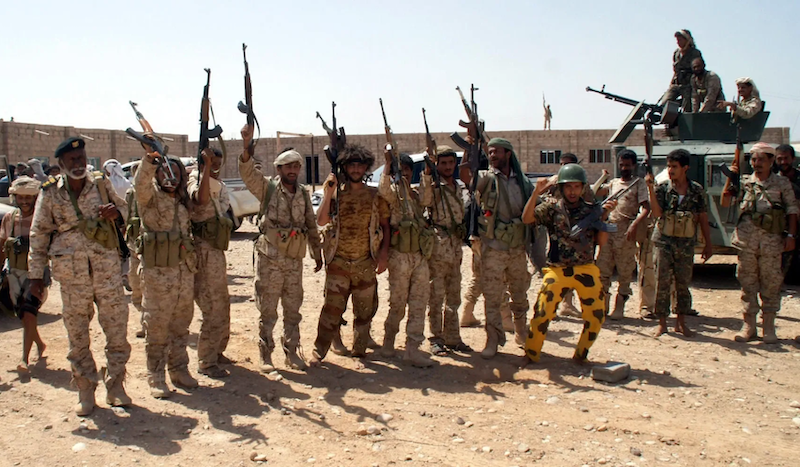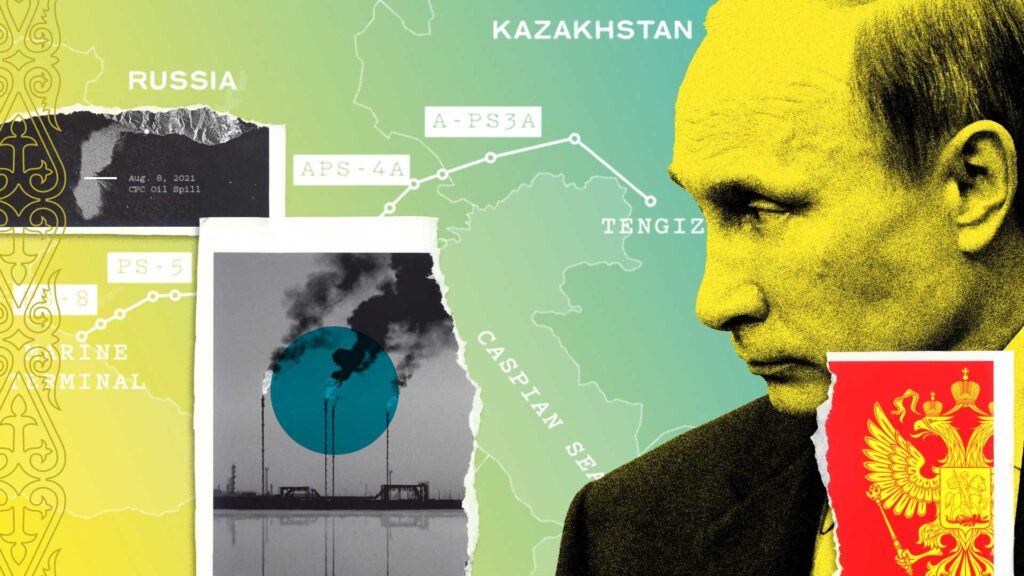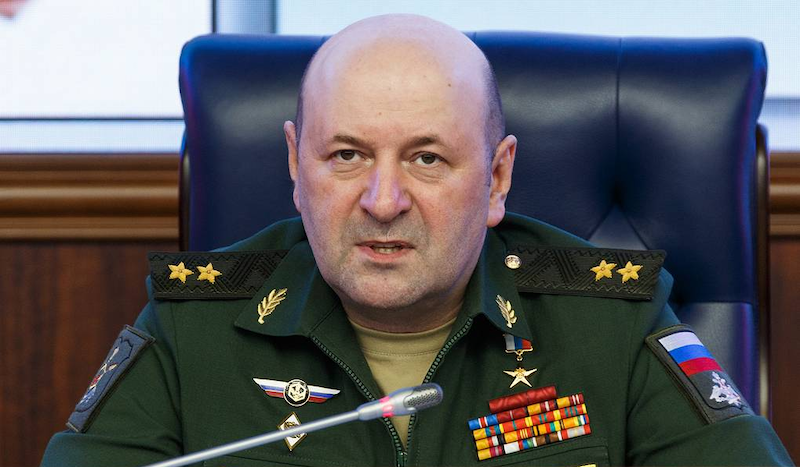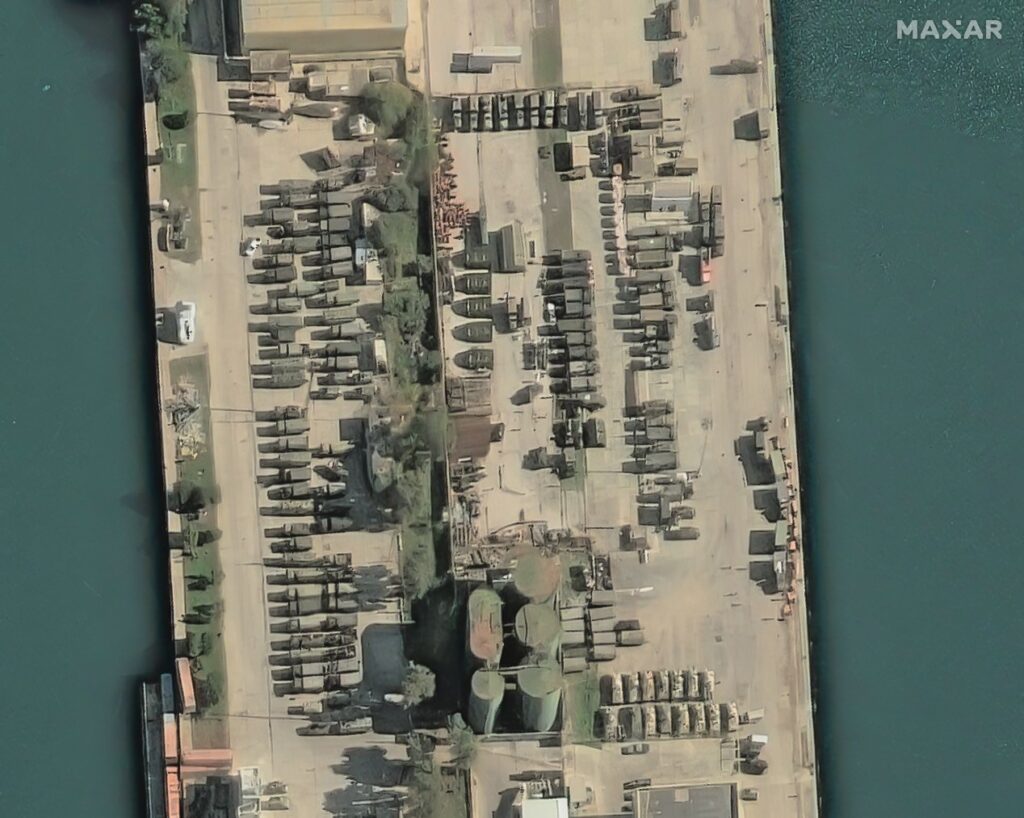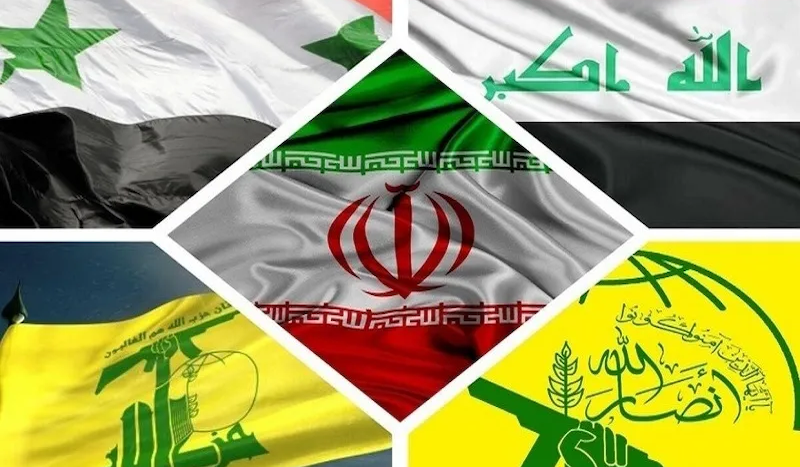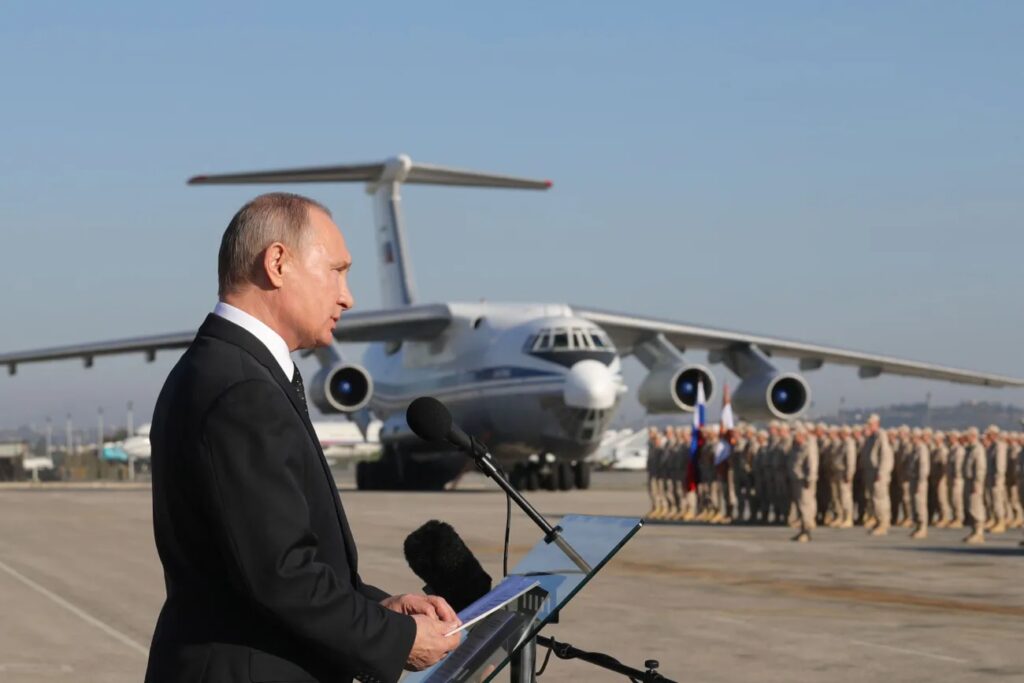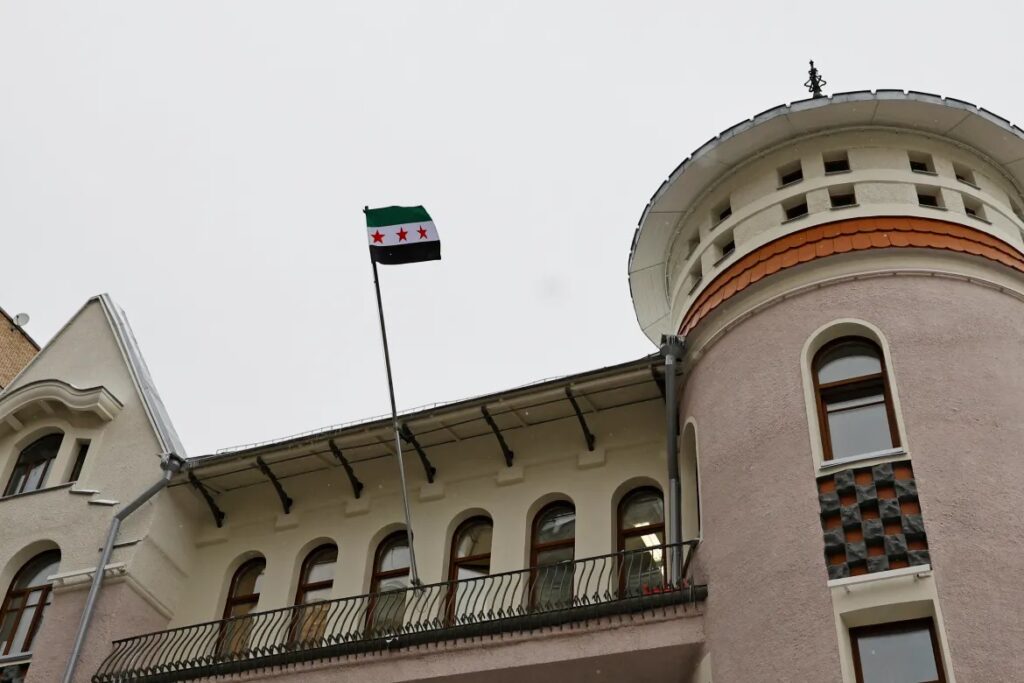Russian Expert Yevgeny Satanovsky: ‘The War In Syria Has Been Unambiguously Won Not Just By Local Islamists, But By Turkey And Its Ally – The Emirate Of Qatar’
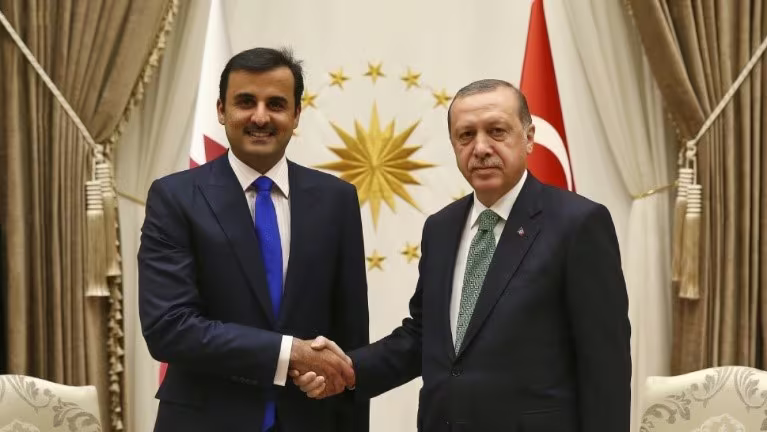
On December 24, 2024, Russian expert Yevgeny Satanovsky, president of the Russian think tank Institute of the Middle East, wrote an analysis in the Russian journal “Russia In Global Politics” about the situation in Syria. Satanovsky stated that the war in Syria has been “unambiguously won not just by the local Islamists, but by Turkey and its ally – the Emirate of Qatar.” He then added: “As for the possibility of maintaining the Alawite autonomy in Latakia with Russia’s help… do not get your hopes up.”

